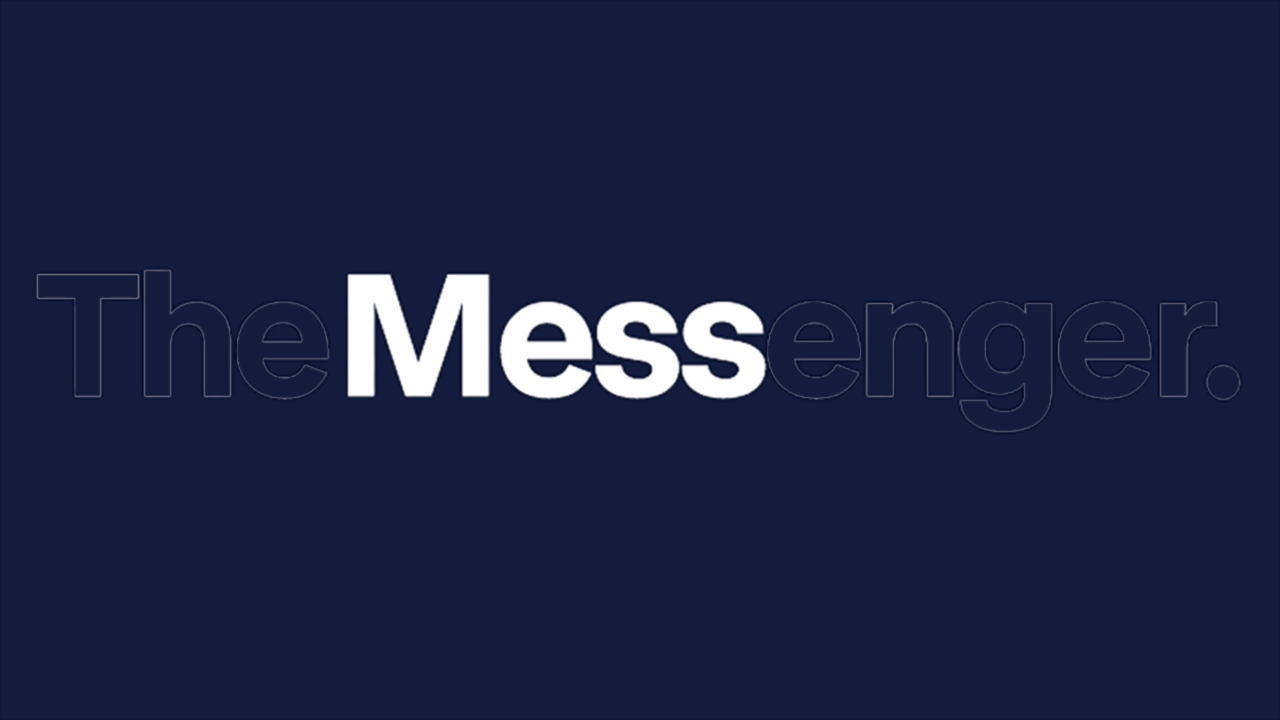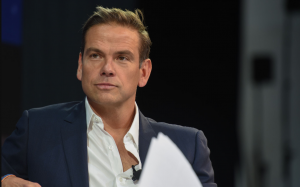The digital news startup, The Messenger, is set to cease operations less than a year after its ambitious launch. The shutdown marks the end of a turbulent period for the outlet, which faced numerous challenges since its inception.
Launched with high hopes, The Messenger was envisioned as a “centrist” nonpartisan news platform. Media entrepreneur Jimmy Finkelstein, known for his success with The Hill, founded the company with an initial investment of $50 million. The Messenger aimed to blend aspects of established news giants like The Washington Post and The Daily Mail, targeting a substantial annual revenue of $100 million by the end of 2024.
Also Read: Who is Mike Gill? Former Trump official wounded in Washington DC carjacking rampage
However, The Messenger struggled from the start. An antiquated business model, management issues, and a heavy reliance on clickbait aggregation led to internal dissatisfaction. The outlet’s business practices, largely based on low-paying programmatic ads, failed to adapt to the rapidly changing digital media landscape, where online advertising revenues have been declining. These challenges were compounded by a lack of effective communication between management and staff, leading to escalating tensions within the organization.
The financial situation of The Messenger worsened over time, with the company reportedly down to its last $1.8 million. Efforts by Finkelstein to secure additional funding were ultimately unsuccessful. The staff, who were left in the dark regarding the outlet’s future, learned about the closure from external sources before receiving an official announcement.
Also Read: Kendall County schools safe: No shooting at Boerne and Champion high schools confirmed texas
The demise of The Messenger is indicative of the broader struggles faced by mainstream media, which has seen significant layoffs and financial difficulties across various outlets. This situation reflects the challenges of sustaining a profitable news platform in the current media environment, marked by rapid technological changes and shifting consumer behaviors.







